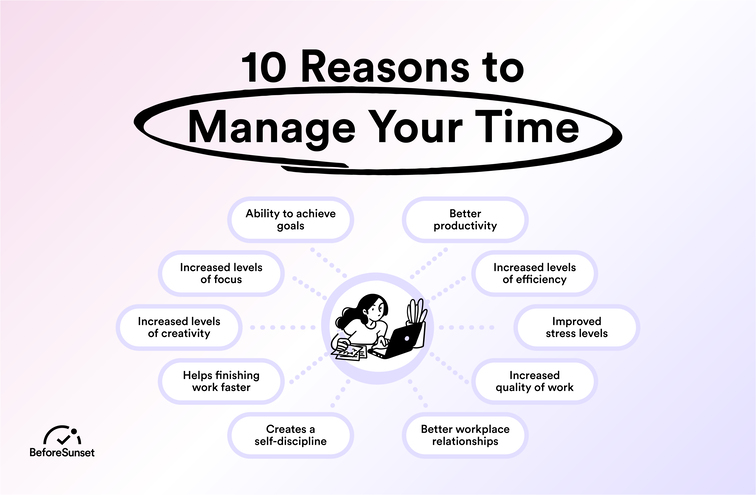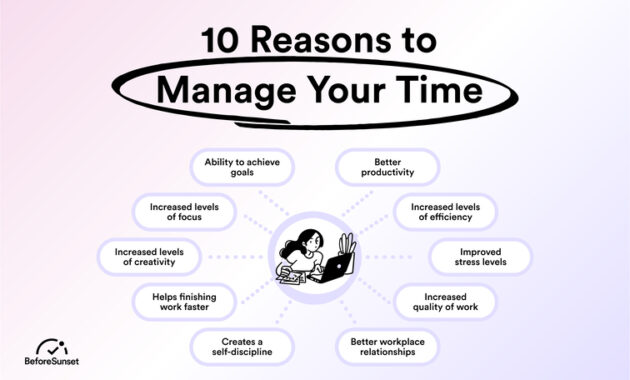Best AI Chatbot Finance Assistants in the US have become essential tools in navigating the complexities of personal and business finance. With the advancement of artificial intelligence, these chatbots offer unprecedented assistance, helping users manage their finances, answer queries, and provide tailored advice. This overview explores the innovative landscape of AI chatbots that are transforming the financial sector and enhancing user experience.
The increasing demand for efficient financial management solutions has led to the emergence of various AI-driven chatbots designed to cater to diverse financial needs. From budgeting and investment advice to real-time transaction monitoring, these digital assistants streamline financial processes, making them more accessible to users across various demographics. As we delve into the capabilities and benefits of these AI finance assistants, it’s clear they are reshaping the future of financial interactions.
In the contemporary landscape of digital communication, the advent of technology has transformed the way individuals and organizations interact. This article aims to explore the multifaceted impact of digital communication on society, focusing on its evolution, benefits, challenges, and future implications. Digital communication encompasses any form of communication that occurs through electronic devices, such as computers, smartphones, and tablets. It includes various channels such as email, social media, instant messaging, video conferencing, and more.
The roots of digital communication can be traced back to the development of the internet in the late 20th century, which revolutionized information sharing and connectivity on a global scale. As we delve into the evolution of digital communication, it is essential to highlight the pivotal advancements that have underpinned this transformation. The introduction of email in the 1970s marked one of the earliest forms of digital communication, facilitating a quicker and more efficient means for individuals to exchange information.
The emergence of the World Wide Web in the 1990s further accelerated this shift, allowing for the proliferation of websites and online content that could be accessed by anyone with an internet connection.Social media, which gained popularity in the early 2000s, represents another significant milestone in digital communication. Platforms such as Facebook, Twitter, and Instagram have not only changed the way we communicate with friends and family but also how businesses engage with their customers.

The ability to share experiences, opinions, and information in real-time has fostered a sense of community and collaboration that transcends geographical boundaries.One of the most notable benefits of digital communication is its ability to enhance connectivity. Individuals can now communicate with others across the globe instantaneously, breaking down traditional barriers of time and distance. This has profound implications for personal relationships, as well as for professional environments where collaboration is key.
Companies can operate in a more interconnected manner, utilizing tools like video conferencing and collaboration software to bridge gaps between teams located in different parts of the world.Moreover, digital communication has democratized information access, empowering individuals with the ability to seek out knowledge that was once limited to specific demographics. With the vast array of resources available online, individuals can educate themselves on various topics, engage in discussions, and become active participants in the information economy.
This shift has fostered an environment where diverse voices can be heard and valued, contributing to a more inclusive society.Despite the myriad advantages of digital communication, it is not without its challenges. One of the most pressing concerns revolves around the issue of misinformation. The ease with which information can be shared online has led to the rapid dissemination of false or misleading content, which can have serious consequences.
The proliferation of “fake news” and conspiracy theories has eroded trust in traditional media sources and created divisions within society.Privacy and security are additional concerns that have emerged in the realm of digital communication. As individuals increasingly share personal information online, they become vulnerable to data breaches and cyberattacks. High-profile incidents, such as the Cambridge Analytica scandal, have underscored the need for robust data protection measures and greater transparency from organizations handling personal data.The pervasive nature of digital communication has also raised questions about mental health and well-being.
The constant connectivity facilitated by social media can lead to feelings of anxiety, depression, and isolation. Studies have shown that excessive use of digital communication tools can contribute to a decline in face-to-face interactions, potentially impacting individuals’ social skills and emotional intelligence.Looking forward, the future of digital communication will likely be shaped by ongoing advancements in technology. The rise of artificial intelligence (AI) and machine learning is already beginning to influence how we communicate.
For instance, AI-powered chatbots are transforming customer service experiences, providing instant support and assistance to users. Furthermore, advancements in virtual reality (VR) and augmented reality (AR) hold the potential to revolutionize communication by creating immersive environments for interaction.Another emerging trend is the increasing importance of ethical considerations in digital communication. As society becomes more aware of the implications of data privacy and digital rights, there will be a growing demand for organizations to adopt ethical practices in their communication strategies.
This may involve creating transparent policies regarding data usage, fostering inclusive environments, and prioritizing user well-being.In conclusion, digital communication is a dynamic and evolving field that has significantly influenced the way we connect, share, and engage with one another. While it offers immense benefits, such as enhanced connectivity, democratization of information, and collaboration opportunities, it also presents challenges that must be addressed.
As we navigate this complex landscape, it is essential to prioritize ethical considerations and embrace the potential of future technological advancements to create a more connected and informed society. Moving forward, individuals, organizations, and policymakers must work collaboratively to harness the power of digital communication while safeguarding against its pitfalls, ensuring that it remains a force for good in our rapidly changing world.











